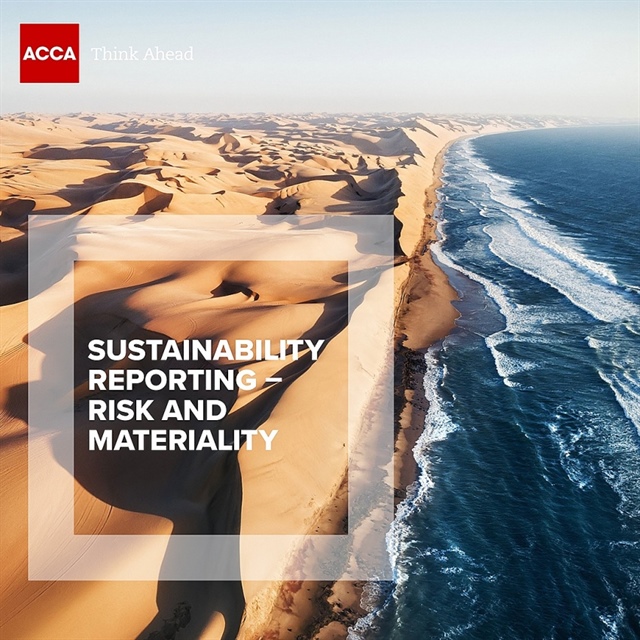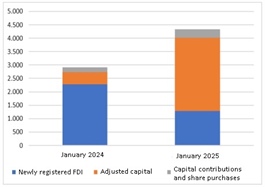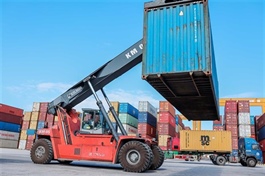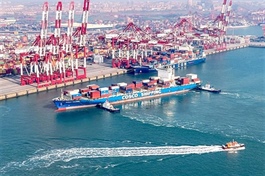ACCA publish guide to sustainability reporting
ACCA publish guide to sustainability reporting
ACCA released its latest report in the sustainability reporting series on February 5. Titled 'Sustainability Reporting: Risk and Materiality', it provides practical guidance for businesses to determine the material information they need to disclose in their sustainability reports.
As the global economy continues to grow, the integration of small and medium-sized enterprises (SMEs) and the development of sustainable business strategies have become crucial for long-term success. Recognising this, the Association of Chartered Certified Accountants (ACCA) remains dedicated to assisting businesses, particularly SMEs, in building and implementing effective sustainability reports.
According to Aaron Saw, head of Corporate Reporting at the ACCA, one of the major challenges businesses face today is the siloed approach to managing and reporting financial and sustainability issues.
"This causes businesses to overlook valuable data they already have, which could be used in sustainability reporting, leading to wasted costs and time. To minimise costs and optimise reporting efficiency, I recommend that businesses leverage existing risk management processes, which can help identify sustainability-related risks and opportunities while producing connected, valuable information for stakeholders," Saw explained.

Aaron Saw, head of Corporate Reporting at the ACCA. Photo: ACCA Vietnam |
ACCA's report outlines three specific steps to help businesses identify material information for sustainability reporting. First, businesses must identify sustainability-related risks and opportunities (SRROs), which encompass both internal and external factors affecting the organisation. Next, businesses need to assess whether these SRROs could impact the company’s long-term prospects. Finally, they must determine what material information to disclose, ensuring the sustainability report accurately reflects the most significant risks and opportunities for stakeholders.
Beyond theory, ACCA's report also provides real-life examples, helping accountants, financial professionals, and business managers understand how to apply these steps in practice. The examples focus primarily on climate-related risks, which are increasingly causing significant disruptions to business operations. SMEs are included in the examples to show how smaller organisations can effectively and cost-efficiently approach sustainability reporting.
The key in this process is adopting a holistic approach when building and communicating material information about SRROs. ACCA’s recommendations include allocating resources to identify SRROs from the value chains businesses rely on, as well as the value chains their activities may affect. Businesses should also provide the most relevant sustainability-related information available and commit to improving their reporting processes over subsequent reporting cycles.
|
By continuing its collaboration with SME associations in Vietnam, the ACCA will help Vietnamese businesses to enhance their ability to build sustainability reports while improving their risk management capabilities. Applying these methods will enable Vietnamese businesses to achieve sustainable outcomes in their operations and contribute to the global business community's broader development goals.
"We encourage businesses to collaborate with peers in the same industry or value chain. By doing so, we can refine the approach to identifying SRROs, managing risks, seizing opportunities, and providing better information to support better decision-making," said Saw.




























